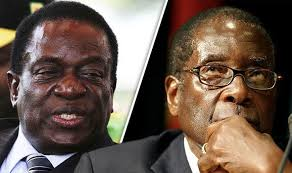The Zimbabwean Parliament has come under fire for its handling of language interpretation during debates, sparking concerns about inclusivity and respect for linguistic diversity. The controversy began when a question was asked in Ndebele and translated into English for non-Ndebele speakers, but the response given in Shona was not translated for Ndebele-speaking MPs.
During a recent parliamentary session, an MP raised a legitimate concern about the lack of translation, questioning why the response in Shona was not interpreted for Ndebele speakers. However, their colleagues dismissed the issue, sparking public backlash.
Many Zimbabweans have taken to social media to express their disappointment, with some labeling the behavior as “incompetence” rather than tribalism. One commentator noted, “If they cannot organize themselves to ensure mutual understanding and basic respect, why should the nation believe they will care about it?”
The incident has reignited calls for Parliament to implement proper interpretation systems, ensuring that all MPs can participate meaningfully in debates, regardless of their language. As one commentator put it, “Every MP has the right to understand what is being said and to be understood when they speak.”
Zimbabwe’s Constitution recognizes 16 official languages, and Parliament is expected to facilitate interpretation and translation services to ensure linguistic diversity is respected. The Speaker of Parliament, Jacob Mudenda, a Ndebele himself, has faced criticism for not ensuring professional conduct in terms of language access and interpretation.
This incident highlights the need for greater inclusivity and respect for linguistic diversity in Zimbabwe’s Parliament. By addressing these issues, Parliament can set a positive example for the nation and ensure that all citizens feel represented and heard.
end//..









